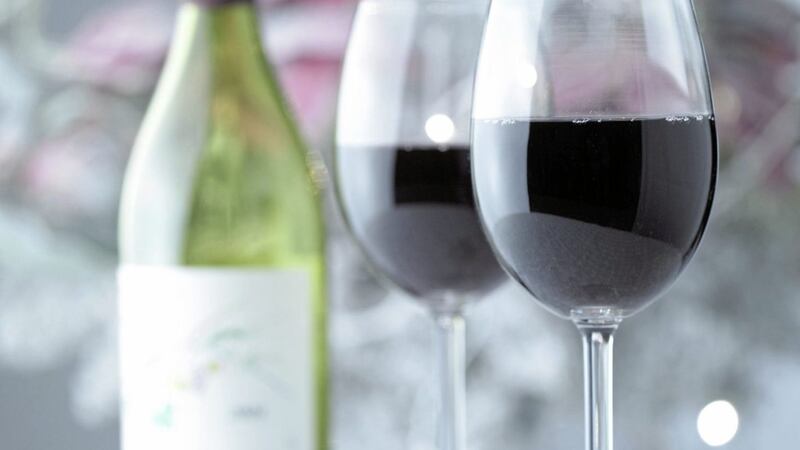THIS is the month of health-kicks, and for millions of people in Ireland and Britain that means laying off the booze for Dry January.
Alcohol Concern's annual campaign is now in its fifth year and, since the first one back in January 2013, the number of people taking up the challenge has soared. And their reward? Improved health and wellbeing, for starters.
"Having a break from alcohol allows us all to think about what we're drinking, break those bad habits and, in the long term, cut down and improve our health," Joanna Simons, Alcohol Concern's chief executive, says.
"By signing up with Alcohol Concern, receiving the support and information throughout the month means it's more likely you'll complete the month booze-free, and cut down your drinking longer term. Even people who have slipped up once or twice throughout the month were consuming less alcohol six months after the campaign.
"Our app, Dry January and Beyond, is a great visual reminder to stay, while seeing how many calories and how much money you're saving."
So what health benefits can you expect from a month without a drink? According to Alcohol Concern, these were the main health (and financial) benefits experienced by those who took part last year...
WEIGHT LOSS
Nearly half (49 per cent) of those taking part lost weight over a month of no alcohol. A glass of wine has the same number of calories as a hunk of chocolate, and a pint of lager has the same calories as a packet of crisps, according to NHS stats. The average wine drinker can consume an extra 2,000kcal per month, while five pints of lager a week is equal to 44,200kcal a year – or an incredible 221 donuts!
BETTER SLEEP
In addition, 62 per cent said they slept better as a result of Dry January. In the course of a night, we usually have six to seven cycles of REM sleep, leaving us feeling refreshed the next day. But if you've been drinking, you can have only one or two cycles and might wake feeling exhausted. Not to mention having a broken night with a trip to the toilet and snoring.
MORE MONEY
Alcohol costs money, so if you're attempting to save, cutting down can be an easy way to save a considerable amount as the weeks go by; 79 per cent of people doing Dry January said they saved money.
DRINKING LESS IN THE LONG-RUN
Whether you manage a full month of complete abstinence, or merely cut down considerably, often, it helps reset habits which can stick around in the long-term. Some 65 per cent of participants sustained reduced levels of drinking six months after completing Dry January, while 8 per cent stayed dry.
HEALTH-BOOST
Added to the above is research on the lasting benefits on your body of having a month off booze. In 2015, the Royal Free Hospital, London, found an alcohol-free month has a positive impact on blood sugar levels, blood pressure and the liver. Heavy drinking is known to cause high blood pressure and cholesterol, and raise the risk of type 2 diabetes, while 20 per cent of drinkers will develop liver problems that could potentially kill them.
Research from the University of Sussex in 2016 also found that one in four Dry January participants reported an improvement in wellbeing.
:: Alcohol Concern's Dry January is an opportunity for social drinkers to reflect on their drinking patterns and give their body a break from alcohol after the festive period. For more information and to download the app, visit www.dryjanuary.org.uk



